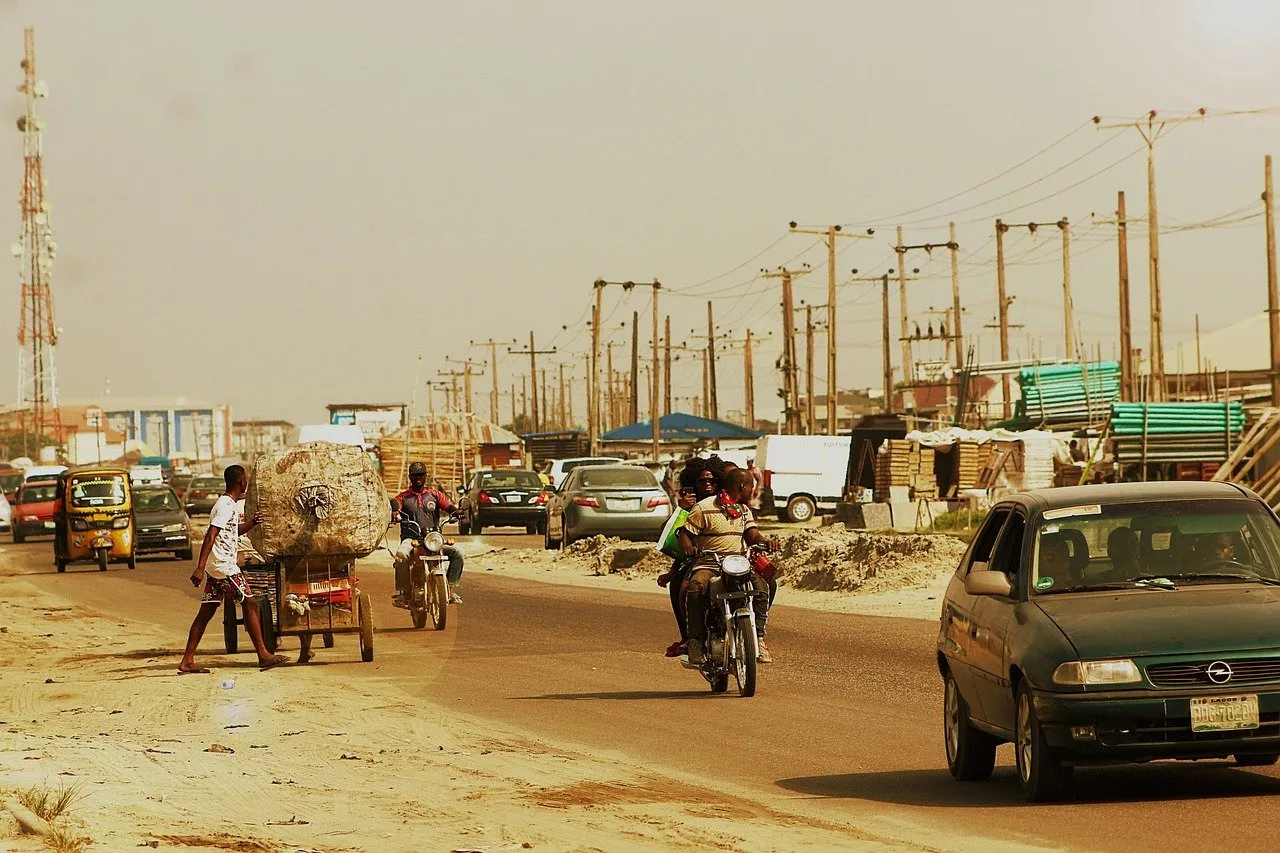
I have been analyzing the economic situation of Nigeria recently given all the recent policies that are being implemented. Fuel subsidy was removed a couple of weeks ago which saw the price of petrol go up by 270%. It is speculated that it would still increase by at least 40% in the coming months to adjust to the global fuel price.
There is also the devaluation of the naira. The government has decided to unify the exchange rate which pushes the naira close to the previous parallel market rate. Also, the electricity tariff is to increase by 40% come July 2023 and some other taxes and levies will be enforced in the coming months.
Although these policies are deemed good for the Nigerian economy in the long run as it reduces government's recurrent expenditure and curbs corruption, it does not factor in the low and middle class that make up a sizable part of the Nigerian population. These policies are sudden with no cushioning measures put in place and I believe that the country is heading towards a depression.
What is a Depression? Simply put it is a prolonged recession–which is a downturn in economic activities. This is a result of several things I am going to highlight shortly.
Firstly, reduced consumer consumption is prompted by inflation and unemployment. Currently, Nigeria has an unemployment rate of about 41%. This will sharply increase in the short run as small and medium-scale businesses go under due to the high cost of running a business.
Big companies would have to downsize to catch costs to survive, which also inflates the unemployment rate, but it doesn't stop there because these businesses would need to drop their prices as consumers demand. You coupled this with the high taxation and you see how it's almost impossible for most businesses, even the big ones, to function properly.
Also, increased bank interest rates means most small and medium businesses will default on their loans payment which can usher a banking crisis. Most businesses will not be able to take loans. It is expected that savings increase in a deflationary economy but that would not be the case because most people would barely have enough to save. After all, the cost of basic food will remain relatively high. The current insecurity in the north and the increased cost of importation of foodstuff.
In addition, there is a huge chance that the Nigerian government defaults on its debt payment which stands at around $103.11 billion. To repay its initial loans the government will have to increase taxes which they are currently doing. This puts more pressure on the Nigerian people and economy. Add corruption and misappropriation of public funds which is commonplace and the lack of political will to implement policies that would favour the common man.

How can the government help?
Everything that can go wrong has already gone wrong in the Nigerian economy. The country has hit rock bottom and it is going to be a slow and painful grind out of this mess if the government does the right thing. This includes the following:
Cut down on the cost of governance (Nigerians are too poor to be funding the lifestyle of the political elites)
Invest in power (which significantly reduces the cost of production)
Provide Pallatives for small and medium-scale businesses
Invest in our local refineries
Curb insecurity (almost impossible at this point)
Subsidize transportation
Invest in affordable housing
These are very basic things but they will go a long way in reducing the burden of the masses. The question is, can the Nigerian government accomplish this? My answer is no.
What do you think? Share your thoughts in the comment section.
What can you do as a Nigerian living in Nigeria?
The first thing is to cut down costs. This is already too much to ask for because many Nigerians are living sub-optimal lives but they have to adjust to survive what is already here. This might not be the best time to live alone. Have a friend or family around who can share the cost of running a household with you, or even go back to living with your parents.
For those who can afford it, i will adjust investing in renewable power for your domestic and business use. This will help help you stay afloat during this period because power will become more expensive than it already is currently. It is also a good time to cut down the number of cars you own. Ridesharing is great at this point to cut down the cost of purchasing petrol
Relocating is an option if your business or job is flexible. Most major cities will be plagued with so many vices due to the increased unemployment rate. So for your security and pocket, you might want to leave places like Lagos where the impact of this economic crunch will be felt the most. If you can leave the country better because at this point it is the only decent option for many low-income earners.
In a nutshell, your goal should be to stay afloat. Some people would certainly thrive during this period but for the majority that will not be the case. So if you are in the majority you must fight to stay afloat. Hopefully, this phase in our history passes swiftly.
Image Sources